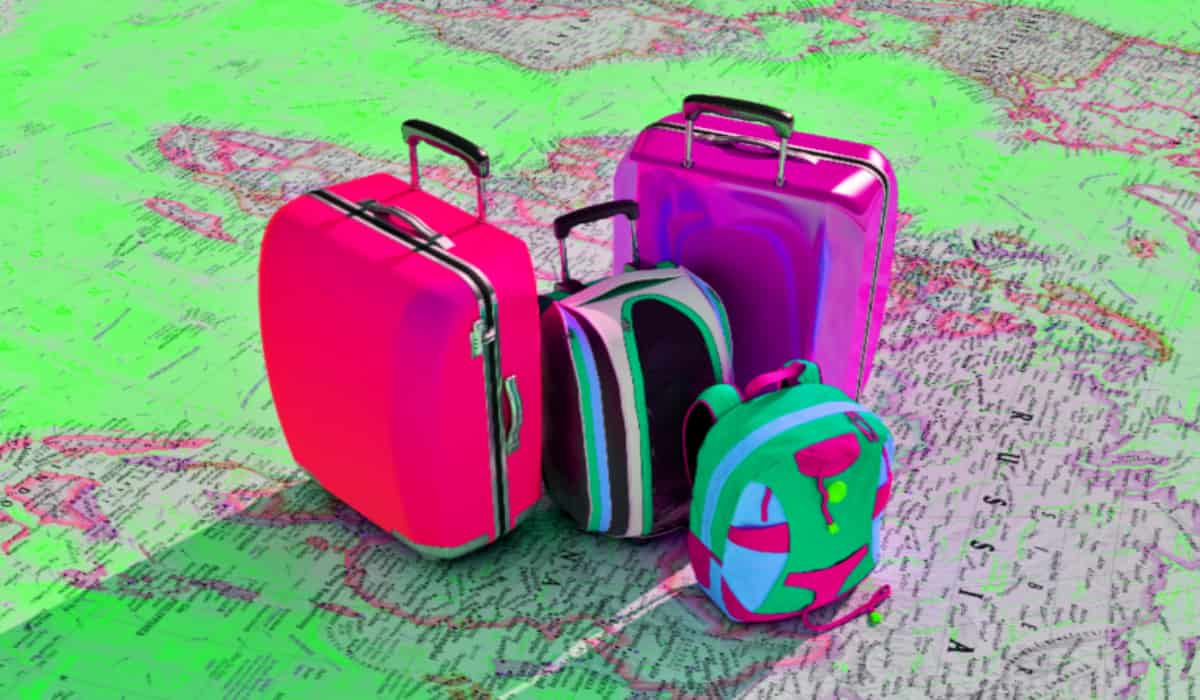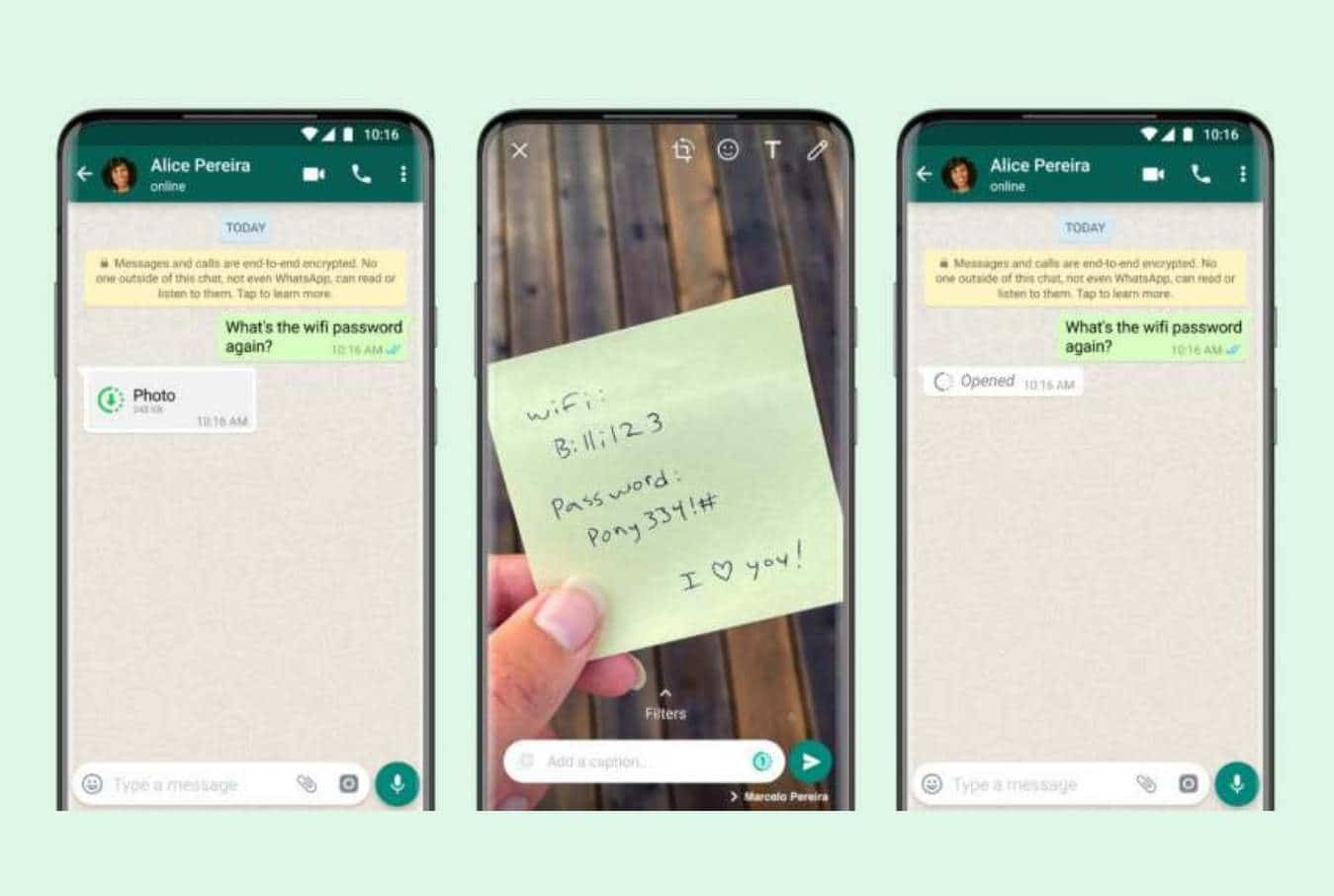Blockchain technology advocates say it’s poised to disrupt numerous industries, ranging from finance to supply chain tracking and real estate. Blockchain promises to drastically transform the way data is stored and used, improving the transparency and security of transactions.
For these reasons, multiple industries have begun experimenting with the technology, and one of the most exciting segments is the travel industry, where it could potentially be transformational in many areas.
First, a quick explainer. Though blockchain seems complicated, it’s quite a simple concept. It’s essentially just a ledger hosted across multiple public nodes that are used to store records of transactions. Each of these transactions is stored in a “block” secured with cryptography.
Because blockchain records are stored on many computers, the data is considered decentralized. Each block contains both transaction information and a time stamp, and they are stored on all of the nodes that make up the network. In this way, blockchain records cannot be altered without agreement across the network, a design that makes it almost impossible for someone to make changes without being noticed.
Because blockchain originated with Bitcoin, the world’s first cryptocurrency, in 2009, many people assume that the technology only has practical applications within finance and related industries. But the truth is that distributed databases can provide benefits in many different kinds of industries.
Some examples include advertising, which can be used to prevent fraud by providing transparency around ad impressions. Other use cases include elections, which can provide the foundation for a transparent, open, online voting system.
Moreover, the traceability benefits of blockchain could be used to verify the authenticity of things such as educational certificates, qualifications, and licenses, which can be recorded onto a distributed ledger and made unalterable. Because of this, blockchain could eliminate the need for educational institutions to authorize credentials entirely.
How Blockchain Benefits The Travel Sector
There are many reasons why the travel industry might consider the adoption of blockchain. The industry notably relies on the cooperation of multiple players in the business, such as travel agents, airlines, and hotels, all sharing information with one another. For example, travel agents must pass their customers’ information to hotels and airlines.
Meanwhile, the personal belongings of those customers may also be passed on from one organization to another. Blockchain can potentially make it easier to access and store this information, and the data would be more reliable due to its immutable characteristics.
Financial transactions also play a big role in the travel industry, and blockchain’s ability to simplify and secure payments is well known. After all, payments were the first major use case of the blockchain (think Bitcoin). It’s especially helpful in the case of overseas payments, as cryptocurrency knows no borders.
Such advantages become all the more compelling when one considers the size of the travel industry. According to Statista, the combined travel industry contributed more than $9 trillion to the global economy in 2019. Though the COVID-19 pandemic severely impacted travel in 2020 and 2021, the sector still generated $4.7 trillion and $5.8 trillion respectively, in those years.
The travel industry is made up of multiple sectors too, including transportation (airlines, car rental, and public transport), accommodation (hotels, Airbnb, hostels, cruises, and so on), food and beverages (including restaurants, bars, and cafes,) and entertainment (such as theaters, shopping, nightlife, etc.). Each of these segments is a multi-billion dollar industry in its own right, and there are many possibilities to apply blockchain technology to them all.
While the travel industry was hit hard by the global coronavirus pandemic, the sector has rebounded strongly since the world began reopening. According to the United Nations World Travel Organization, the number of international tourist arrivals globally in January 2022 increased by 130% compared to a year earlier, with the 18 million extra visitors recorded that month equalling the total increase throughout the entirety of 2021.
Having been trapped indoors for the best part of two years, it’s clear that people are desperate to get outside and explore, and 2022 is consequently shaping up to be one of the best years ever for international travel.
With that in mind, it’s worth exploring some of the more exciting ways in which blockchain can potentially be applied to improve efficiency and transparency in one of the world’s fastest-growing industries.
New Possibilities With Blockchain Interoperability
One of the most pertinent blockchains for the travel industry is Flare Network, which has created a unique protocol known as the State Connector that makes it possible to connect to any kind of network, including other blockchains and also public APIs.
Flare’s State Connector was built to solve problems around blockchain interoperability. Those familiar with how the technology works understand that there are multiple blockchains in the world – such as Bitcoin, Ethereum, Avalanche, Binance, Solana, and so on – that all operate independently and are unable to communicate with one another due to technological incompatibilities.
In addition, blockchains also have no way to communicate with non-blockchain systems, such as traditional databases and APIs.
The State Connector changes this, providing a trustless way for one blockchain to read the state of transactions on any other chain or system. So, not only does it enable information to be passed from one blockchain to another, but it also allows blockchains to tap into other, real-world data sources in a decentralized way.
In a nutshell, the State Connector is a smart contract that allows decentralized, blockchain-based applications to query information from outside the network they’re running on. This is accomplished via a network of independent attestation providers, which are incentivized to gather the requested information and verify it before delivering it to the Flare Network. The State Connector ensures that enough of these independent attestors agree that the information is correct, and if so, it then publishes it to the network.
In this way, the State Connector can, for example, check to see if a deposit has been made on another blockchain. So if someone pays for their airline ticket using Bitcoin, it can inform an application on Flare or another network the moment that payment has been confirmed.
The State Connector can also power other kinds of dApps that react to real-world events, such as traditional bank transfers, the outcomes of sports events, home purchases, educational attainments, insurance claims, or anything else that might be accessible via an API.
For the travel industry, this has a lot of potentially transformational implications. A hotel or an Airbnb could start managing their bookings through the blockchain. At present, when a traveler books a hotel through an aggregator site such as Booking.com or Expedia.com, a significant portion (between 10% and 25%) of the price goes on commissions and other overheads. With blockchain, it becomes possible for hoteliers to cut out the middleman, meaning no commissions and cheaper prices for travelers (or more profit for the hotel).
Flare’s State Connector can be used to enable dynamic pricing to maximize efficiency. Most hotels usually alter their prices based on demand and availability, using complex APIs and third-parties. Hotels can simplify this by using the State Connector to connect to their website’s API in order to retrieve relevant pricing data at lower costs.
It’s a similar story for the airline industry, where flight bookings are often made through third-parties like Skyscanner. Once again, airline prices are usually dynamic, with tickets costing more during peak travel times and less when fewer people are traveling. With Flare’s State Connector, airlines can sell flight tickets through dApps that are connected to real-world pricing systems via APIs.
There are even greater possibilities when we combine blockchain with related technologies such as non-fungible tokens. NFTs, as they’re called, can be used to represent each passenger on a cruise ship for example. They could install an app on their smartphone when they board a ship that contains a wallet plus a utility NFT.
The cruise organizer can then create various games and activities tied to the real world via this app where the passengers can earn points throughout their trip. Points would be distributed via an API powered by the State Connector. Those who make a certain amount of points can be given prizes and benefits, such as a free dinner at a restaurant or a massage. These points would be linked to the passenger’s NFT for verification purposes.
A Winning Combination
Blockchain technology and the travel industry promise to be a winning combination. It has the potential to put forward-thinking travel service providers at the forefront of innovation while enabling them to build greater trust with their customers through reduced costs and more efficient systems.
One of the significant challenges in the way of blockchain adoption is the lack of standardization. Using multiple blockchain networks can cause major headaches for an industry heavily reliant on data exchange. This is where innovations like Flare’s State Connector can pave the way forward, providing a simple way for blockchains and other systems to communicate with high trust and transparency.
Blockchain will have so many positive implications that its implementation in the travel industry is undoubtedly only a matter of time. Industry participants will benefit from lower costs and more efficient systems, but the real winners will be travelers, as blockchain enables a more secure and trustworthy way to travel.
Related Topics
- The Advantages of a More Secure and Safer Blockchain
- How Will Blockchain Technology Revolutionize Logistics?
- How Blockchain Can Revolutionize Personal Data Storage?
- Naoris Protocol Will Use Blockchain To Plug Web3 Security Gaps









